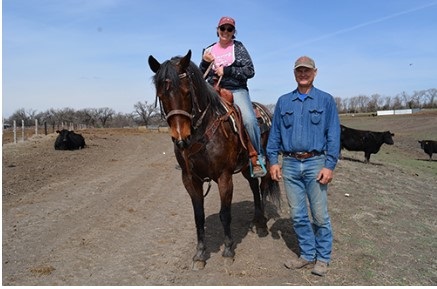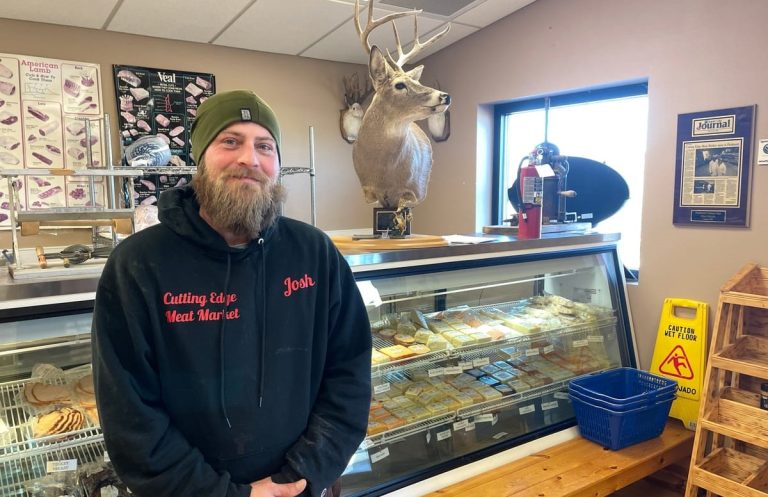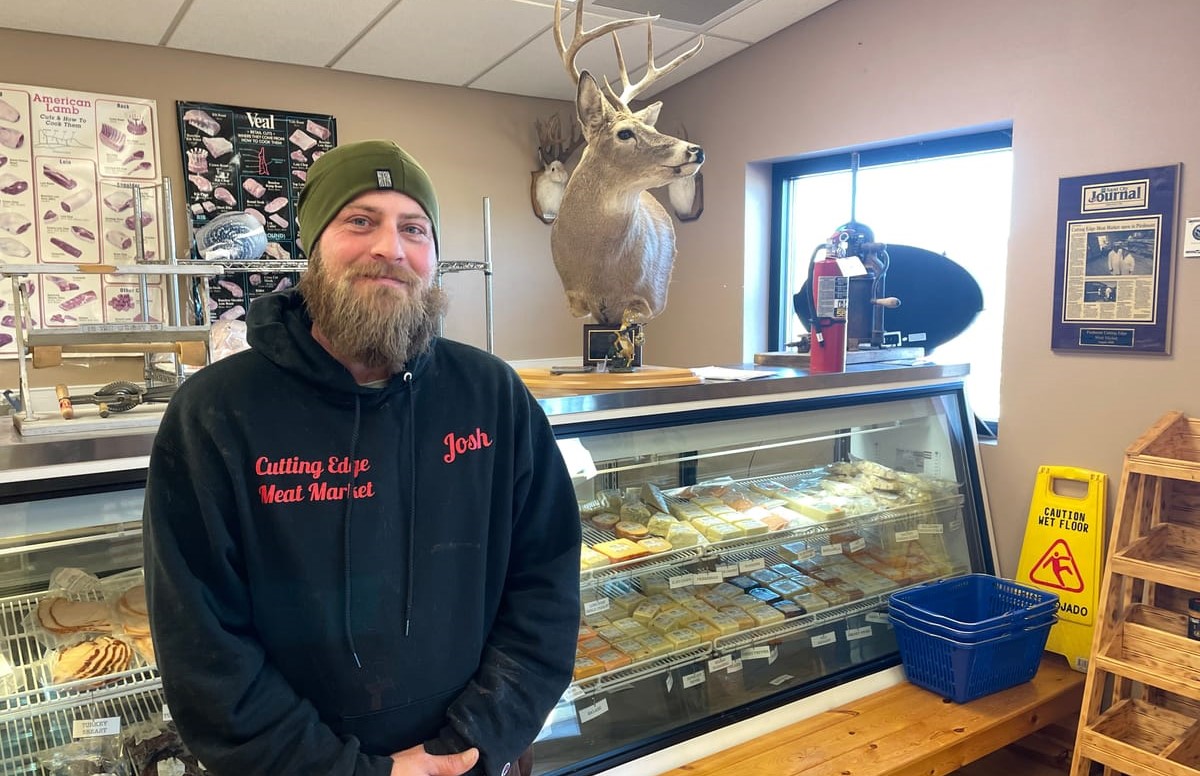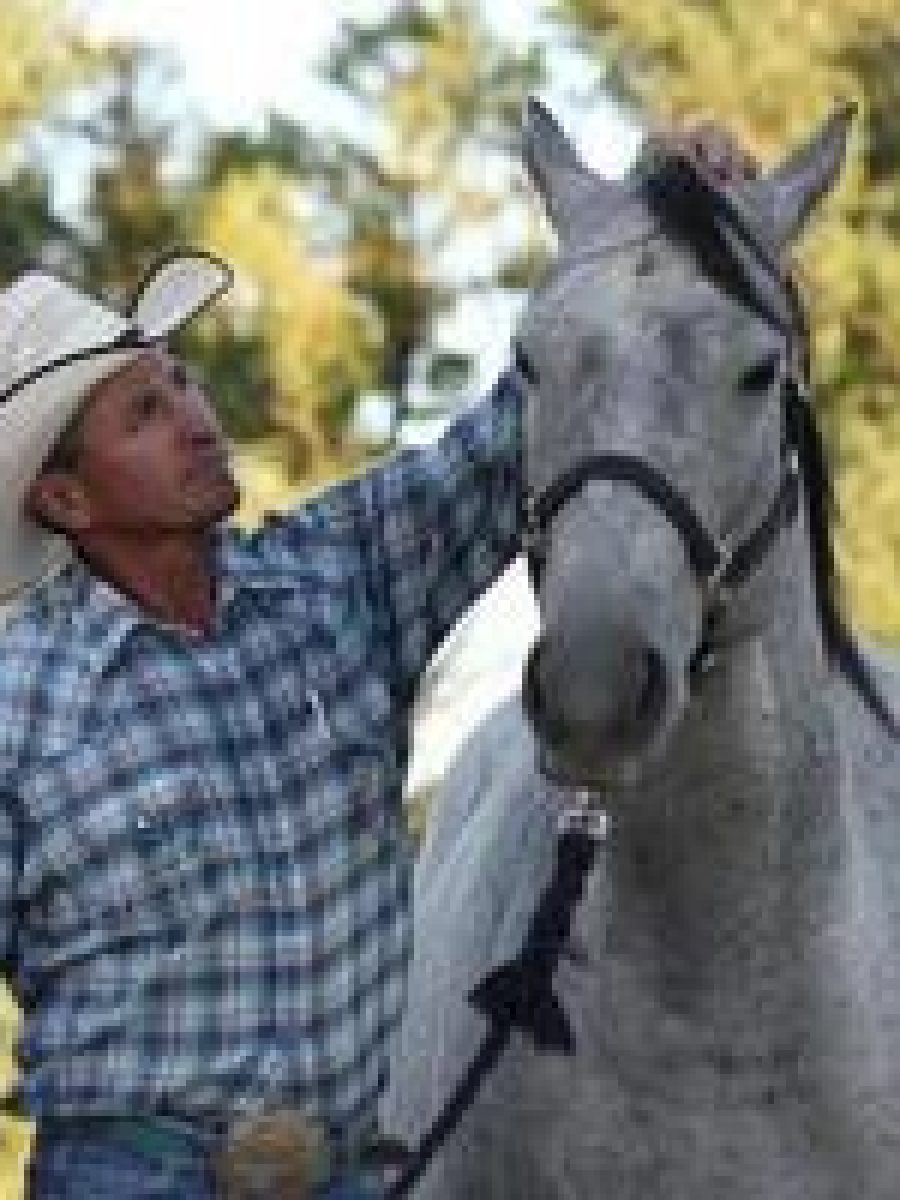HURON, SD – Because of their unique business model, cooperatives have played an integral role in meeting the needs of rural South Dakotans. To celebrate Cooperative Month in October and honor the organization’s more than a century of support for cooperatives, South Dakota Farmers Union asked South Dakota cooperative members to share their reasons for getting involved in their local cooperative.
More than a century old but still relevant…
 Member-owned and controlled, the cooperative business model remains relevant, explains Frederick farmer Mark Sumption.
Member-owned and controlled, the cooperative business model remains relevant, explains Frederick farmer Mark Sumption.
“There are even fewer people in rural South Dakota today, than when the electric cooperatives formed,” says Sumption. He explained that when private entities did not see enough profits to justify expanding electric infrastructure to rural South Dakota, rural citizens united to form electric cooperatives.
When it came to telecommunications, fuel, grain marketing and internet connectivity the story repeated itself. Because of the value cooperatives bring to the farms and communities they serve, Sumption served several years on the Northern Electric and East River Electric Cooperative boards.
“In my opinion, the board has to do what is best for the cooperative. And in the end, what is best for the cooperative is what is best for the consumers because the consumers are the cooperative,” Sumption says.
To align with the cooperative member-owned and operated model, cooperative leadership is also comprised of its member-owners.
“I remember having a discussion once, where one of the engineers thought we should charge households closer to Aberdeen less than those 50 miles from Aberdeen,” Sumption recalls. He explained that he and other board members quickly informed the engineer that the idea did not align with cooperative mission. “It’s important not to lose sight of why it started.”
As member-owners, we share in the profits…
Freeman crop and cattle farmer Mike Miller began doing business with the local cooperative right out of college.
“The guy I was farming with did business with the co-op,” Miller explains. “The cooperative did a good job and had quality products. I also liked the idea of potentially being able to share in the profits.”

In the cooperative model, members are the owners. So, when the cooperative earns profits, members share in those profits. Beyond profits, there are many other reasons Miller does business with his local cooperative.
“When the cooperative agronomist says I should try a new product, I feel like I can trust them.”
In addition to doing business with a cooperative, Miller served nearly 20 years on the local cooperative board of directors. He says he learned a lot from the experience.
“Serving on the cooperative board of directors not only gave me a better background on how boards are supposed to run and work, but when you serve on the board of directors, you get a lot of background into other things, like factors impacting commodity markets.”
Co-op members are more than a number…

Willow Lake farmer Wally Knock began his farming career in the early ’80s. The 62-year-old crop and cattle farmer says if it were not for his relationship with the local cooperative, he would have lost his farm.
“For my generation, the ’80s was THE farm crisis. We saw half the industry struggle and leave. I had a lot of friends who started farming the same time I did, not make it out of the ’80s,” he says. “We really struggled too. I had my operating note with the co-op. It took three years to pay it off at 21-percent interest.”
He said his cooperative loyalty was bolstered by the fact that his cooperative recognized the challenges he was facing and extended the pay-off deadline.
“I saw the value of co-ops and their ability to partner with people. You are actually a name and face they recognize. It is different from a corporate entity, where sometimes you are just a number.”
Knock has not forgotten. And even though his days are full, he makes time to serve on the cooperative’s board of directors.
“Cooperatives helping members and partnering with members on their operations does not happen by chance,” Knock says. “It happens because a cooperative’s board of directors is the made up of the local people who do business with the cooperative. They put in their time to make it work. They control the finances. They hire the right manager. They have local control.”
Today, Knock’s children and their spouses are farmers. And like most producers today, they have off-farm careers as well. The family continues to do business with local cooperatives.
“If you do business with a private entity, their board of directors consists of shareholders — people who invest money. They don’t know the situation out on the ground or what it is like to operate a farm. It is important for cooperatives to have this knowledge in their board rooms,” Knock says.
Knock encourages the next generation to get involved in cooperative leadership. “A key element to the cooperative business model is local control.”
It’s an education…

Instead of heading off to college, Jim Wahle started farming right after high school.
“At 18 I knew everything there was to know,” explains the Salem farmer.
He also purchased all his inputs from the local cooperative. “Forty-five years ago, when I started farming, there were no other ag suppliers in town.”
Today, Wahle remains a loyal cooperative customer even though there are many other corporate or privately-owned suppliers eager to serve him. And he says he has expanded his knowledge by being actively involved in cooperative leadership and serving on the board of directors.
“I have been very involved in the co-op and very involved with the education process,” says Wahle, explaining that when he first began serving on the board, he started attending continuing education classes and educational seminars.
“The first 10-12 years I was on the board, I took some type of economics or leadership or finance class — you name it,” Wahle says. “I tell people, I’ve gone to school, but I don’t have a degree in anything.”
Wahle says all this knowledge helped him improve his farming practices and business. “I guarantee being involved in the cooperative has helped me be a better farmer,” he says. “I learned so much more about the ag industry from a supply and demand standpoint — logistics and marketing — so many things.”
As his current term nears its end, Wahle is ready to retire from the board. He says he is eager for the next generation to take over. “My advice to young farmers: Do business with the cooperative. Do business and you will learn a lot. And if you do a lot of business, you will gain shares and get dividends and stock retirement.”
He also points out, not to take the responsibility of serving on a cooperative board lightly. “Getting a proper management team in place is very important. The board runs the governance. We hire the general manager and lay out a path for them.”
To learn how you can get involved, contact your local cooperative.












